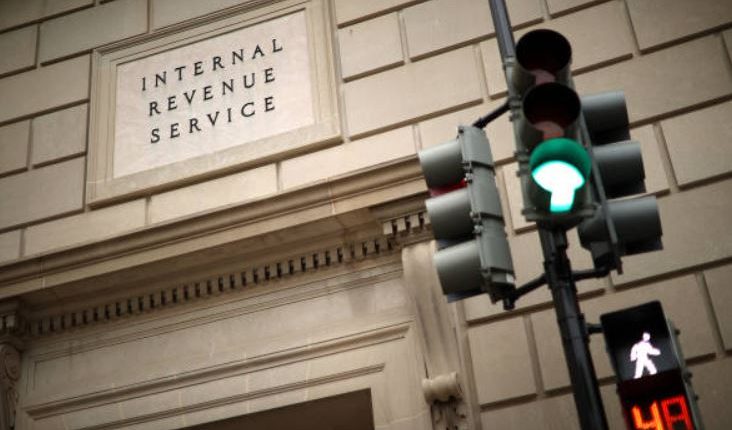Tax Relief Announcement: IRS Writes Off Over $1 Billion in 2020-2021 Penalties
If you faced penalties for failing to pay your 2020 or 2021 taxes, there might be some good news on the horizon.
The Internal Revenue Service (IRS) has recently announced penalty relief for 4.7 million taxpayers who did not receive proper collection reminder notices during the tax years 2020 and 2021.
Qualifications and Deadline Considerations for Taxpayers
While taxpayers will still be responsible for any unpaid tax balances, the IRS is forgiving roughly two years’ worth of failure-to-pay penalties.
To qualify for this relief, individuals, businesses, estates, trusts, or certain tax-exempt organizations must have filed their 2020 or 2021 tax returns, incurred a penalty on a tax balance of less than $100,000, and received an initial balance due notice (Notice CP14 or CP161) between February 5, 2022, and December 7, 2023, without receiving follow-up notices.
Taxpayers need to act quickly, as the IRS is waiving only the penalties charged during a specific period—from the date the initial balance due notice was sent (or February 5, 2022, whichever is later) to March 31, 2024. After this date, taxpayers qualifying for relief will again be subject to the failure-to-pay penalty.
The IRS has clarified that taxpayers who qualify for penalty relief won’t need to take any additional action. Those who have already paid their outstanding balances in full will receive a tax refund for the failure-to-pay penalty amount associated with the 2020 or 2021 tax return. The refund will be sent to the address on record for those returns.
Navigating IRS Penalty Relief

For taxpayers who have relocated since filing their 2020 or 2021 returns, an additional step is recommended. They should complete either ‘Form 8822, Change of Address’ or ‘Form 8822-B, Change of Address or Responsible Party—Business’ to inform the IRS of their updated address.
For those who have yet to pay the penalty, the IRS will adjust their accounts by issuing a credit. Taxpayers can check their IRS online accounts to verify if any credits have been issued.
The IRS will begin issuing the first round of refunds immediately and continue until the end of January. If a taxpayer does not receive a refund, the IRS will send a special notice with an updated balance around the same time.
Certified public accountant Carl R. Johnson suggests that taxpayers explore alternative payment options, such as an installment agreement or an offer in compromise, to settle any remaining balances and avoid adverse actions by the IRS.
For those who qualify, this IRS penalty relief offers a welcome reprieve. As the IRS resumes sending automated notices for overdue tax bills in 2024, affected taxpayers should act promptly to take advantage of this forgiveness period and consider alternative payment arrangements if needed.

